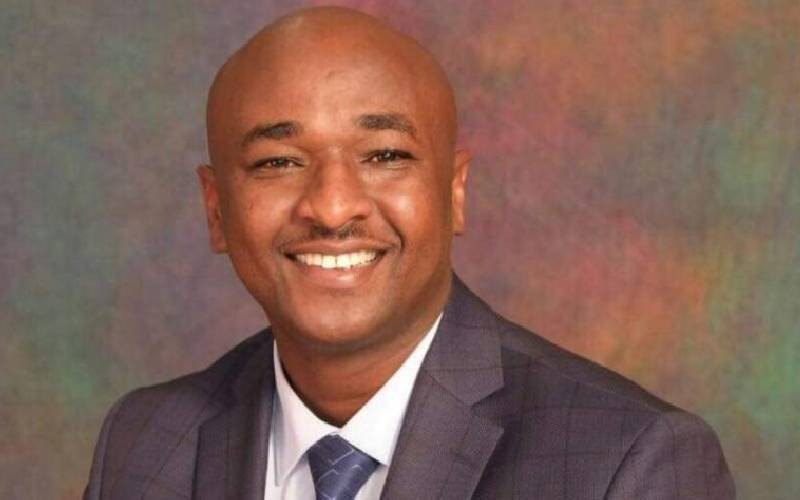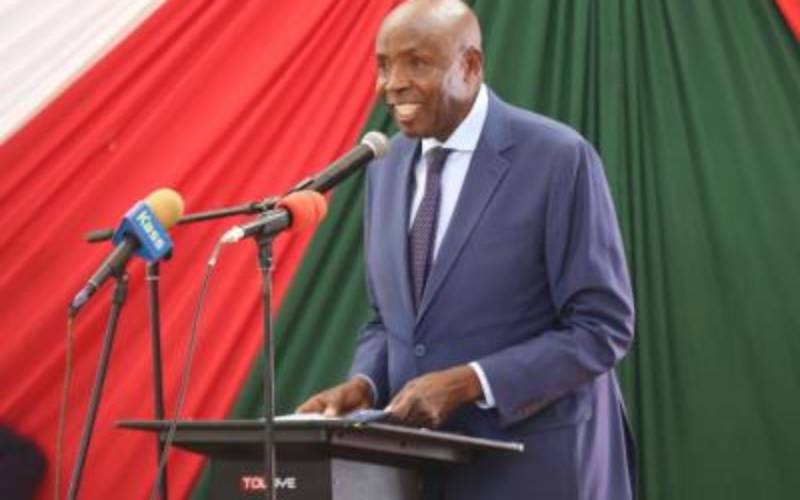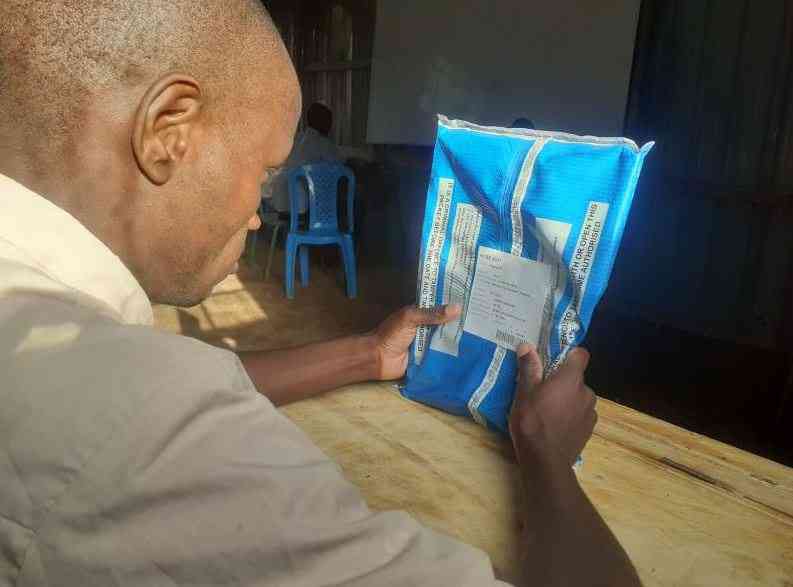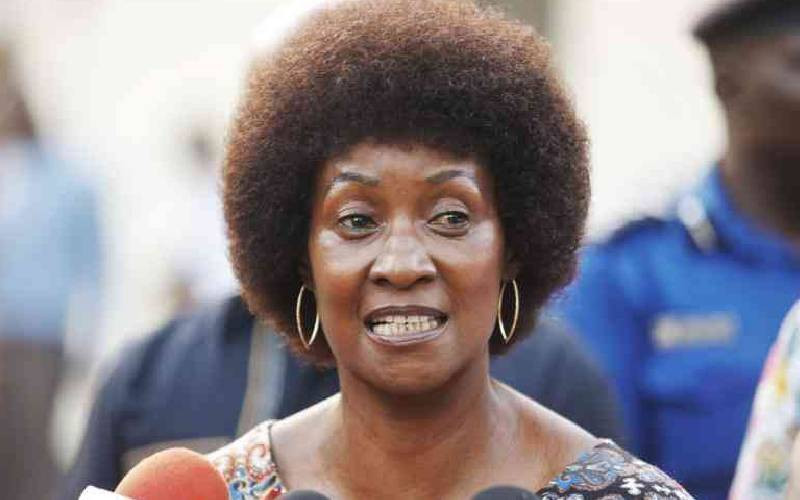Public secondary schools board of management are urging the government to put a brake to the directive on the release of KCSE certificates for non-payment of fees.
They say the long-term repercussions could be huge, impacting negatively on Kenya’s ailing economy.
In June 16, Cabinet Secretary for Education, Jacob Kaimenyi directed all heads of public secondary schools to release Kenya Certificate of Secondary Examinations (KCSE) certificates under their custody due to non-payment of fees.
“Pursuant to the Kenya National Examinations Council (KNEC) Act, 2012, certificates issued by KNEC shall not be withheld from candidates by any person or institution,” Prof Kaimenyi said.
While they claim the move is in good faith, the Board heads say there should be a clear guideline on how the certificates should be released. “We appreciate that education sector is an integral part of the economy. By ensuring that all students have their KCSE certificates, we would be boosting our country’s general welfare. However, there must be a consensus on how this should be approached,” Prof Noah Sitati, Chairman, Board of Management, Friends School Kamusinga, told The Standard.
Education analysts say while the financial implication of the directive is huge, and could harm secondary schools’ operations. The move, they say, would translate to deliberate non-payment of school fees from parents. “Schools will end up not honouring their obligations. They will strain to survive and students may not be given the best services possible resulting to unrest,” said Prof Sitati.
The Kenya National Union of Teachers claims that giving away the certificates would mean schools will not be able to recover debts running into billions of shillings. A look at Friends School Kamusinga books of accounts shows that as at last year, the school was owed Sh3.9 million.
In 2012, the total debt owed to the school was Sh2.5 million while in 2011, it was Sh2.3 million. Between 2005 and 2013, the school records show about Sh16.5 million in fees arrears, which it could lose if the government directive is adhered to.
If not urgently addressed, there are fears of teachers’ morale being affected, ultimately bringing the education sector to its knees.
“Schools’ board of management are willing to engage the concerned parties on the implications of the directive. This would be the starting point of a long and fruitful discussion that would bring secondary schools, parents and the government on the same page,” said Prof Sitati.
One option of dealing with the quagmire, analysts say, is for schools to engage individual parents with fees arrears through a legal officer. Once an agreement is reached, the parents could be allowed to pay the fees balance in installments.
“It is a model that has been partially successful in Friends School Kamusinga. That is why we’ve managed to perform well over the past years in national examinations.”
Alternatively, Prof Sitati says a deal could be struck where students with fees arrears can use certified copies of their certificates for a certain period of time until they clear the debts owed to their respective schools.
Deputy President William Ruto has warned secondary school head teachers that they will be jailed if they continue withholding certificates due to unpaid fees.
Stay informed. Subscribe to our newsletter
 The Standard Group Plc is a
multi-media organization with investments in media platforms spanning newspaper
print operations, television, radio broadcasting, digital and online services. The
Standard Group is recognized as a leading multi-media house in Kenya with a key
influence in matters of national and international interest.
The Standard Group Plc is a
multi-media organization with investments in media platforms spanning newspaper
print operations, television, radio broadcasting, digital and online services. The
Standard Group is recognized as a leading multi-media house in Kenya with a key
influence in matters of national and international interest.
 The Standard Group Plc is a
multi-media organization with investments in media platforms spanning newspaper
print operations, television, radio broadcasting, digital and online services. The
Standard Group is recognized as a leading multi-media house in Kenya with a key
influence in matters of national and international interest.
The Standard Group Plc is a
multi-media organization with investments in media platforms spanning newspaper
print operations, television, radio broadcasting, digital and online services. The
Standard Group is recognized as a leading multi-media house in Kenya with a key
influence in matters of national and international interest.









